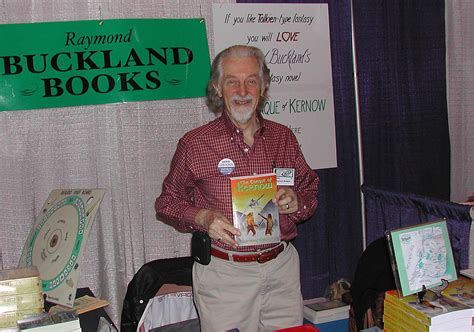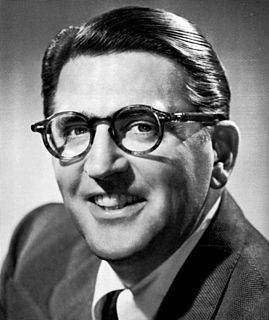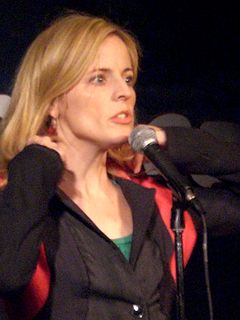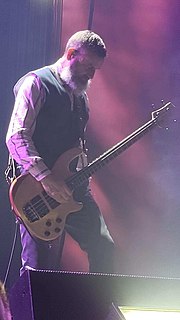A Quote by Darin Strauss
For the fiction students I teach, one of the most common mistakes is to start in the wrong place. Often the actual story doesn't begin until about a third of the way into their narratives. They start off instead with excessive scene-setting, metaphysical speculation, introducing nonessential dramatis personae, throat-clearing, etc.
Related Quotes
Notice how every science fiction movie or television show starts with a shot of the location where the story is about to occur. Movies that take place in outer space always start with a shot of stars and a starship. Movies that take place on another world always start with a shot of that planet. This is to let you know where you are. Novels and stories start the same way. You have to give the reader a sense of where he is and what's happening as quickly as possible. You don't want to start the story by confusing the reader.
Sometimes I'll have a scene that strikes me, I just feel like writing a scene, a mini-story that seems like it might lead somewhere. But that is such a tentative, fishing-hook way to go about it that these days I've found it's easier to kind of at least have your concept and start attaching things to a skeleton. So I try to find the armature, the kind of backbone of it first that you can start to hang those scenes on.
Once I start work on a project, I don’t stop and I don’t slow down unless I absolutely have to. If I don’t write every day, the characters begin to stale off in my mind – they begin to seem like characters instead of real people. The tale’s narrative cutting edge starts to rust and I begin to lose my hold on the story’s plot and pace. Worst of all, the excitement of spinning something new begins to fade. The work starts to feel like work, and for most writers that is the smooch of death.
Now teach-ins are fairly common or they become common place. But in 1965, the Students for Democratic Society in Ann Harbor organized the first teach-in. The way it happened was that we were advocating for a strike that we advocated that the faculty should strike in solidarity with the Vietnamese struggle.
I think any start has to be a false start because really there’s no way to start. You just have to force yourself to sit down and turn off the quality censor. And you have to keep the censor off, or you start second-guessing every other sentence. Sometimes the suspicion of a possible false start comes through, and you have to suppress it to keep writing. But it gets more persistent. And the moment you know it’s really a false start is when you start … it’s hard to put into words.
I think... girls have a hard time being interesting. It’s actually easier to be famous, or notorious, than it is to be interesting. In our world, girls climb very well until they hit puberty-sexual maturity-and then they begin to fall out of the tree. They start role-playing instead of thinking, flirting instead of learning. They start admiring how smart the boys are-or how athletic or how handsome-instead of concentrating on their own intelligence.
I taught everyone a very bad lesson at my publisher because they actually gave me deadlines this time and I'm now meeting them. I used to say, "Here's my book; it's six years late." I'm so much faster now, and work differently. With all the years of writing, I think I still draft as obsessively, but I think back to writing. On your first story, you start at draft one. On your second story, you start at draft ten. On your third story, you start at draft one hundred. If you need a hundred and eight drafts, you may write eight instead of a hundred and eight.






































